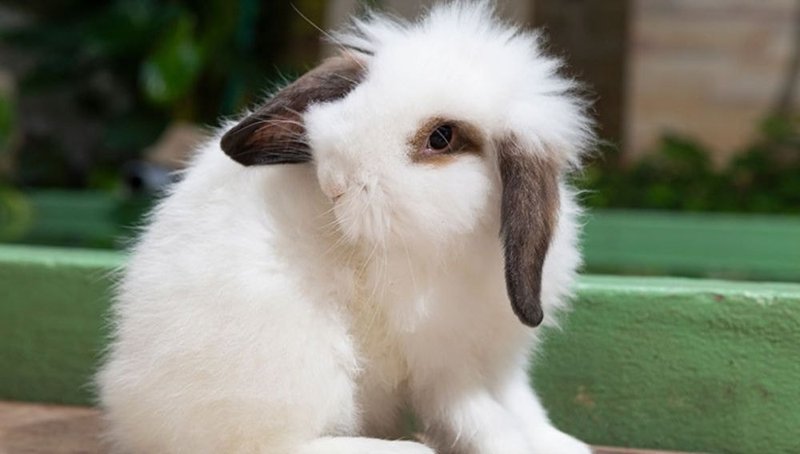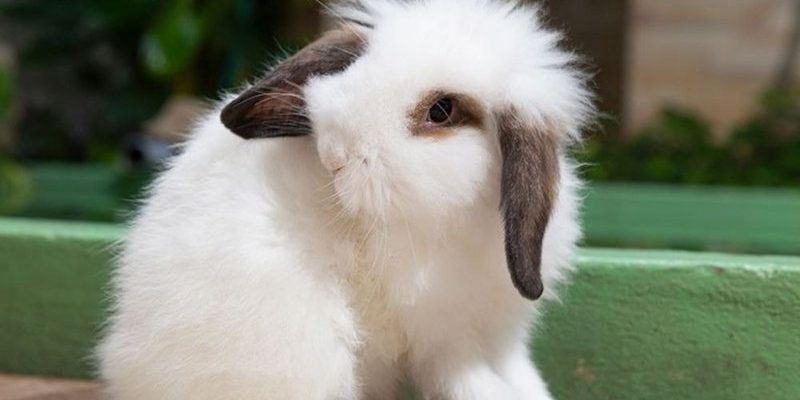
In this article, we’ll dive into the common health issues French Lops may encounter and discuss some simple strategies to prevent them. It’s a bit like having a roadmap—you’ll know where the bumps in the road are and how to steer clear of them. So grab your favorite drink, and let’s hop into this together!
Understanding French Lop General Health Needs
French Lop rabbits are larger than many other breeds, which means they have specific health requirements. Just like how a big car needs more gas, these bunnies need special care to stay healthy. Their size makes them prone to certain health issues, and that’s why it’s important to be informed as a responsible bunny parent.
One of the first things to consider is their diet. A proper diet for a French Lop includes high-quality hay, fresh vegetables, and a balanced pellet mix. Think of their diet as the foundation of a house. If the foundation is weak, everything else can crumble. A good mix ensures they get the right nutrients to prevent obesity, dental problems, and digestive issues.
Another major health aspect is their environment. A spacious living area allows them to exercise and move freely. Imagine if you were stuck in a small room all day—you’d feel restless! By giving your French Lop room to roam, you promote a healthier lifestyle.
Obesity: The Hidden Danger
Obesity is one of the most common health problems in French Lop rabbits. These gentle giants may seem cuddly, but that extra fluff can lead to serious health issues. Just like how eating too many sweets can weigh us down, an improper diet can make your bunny unhealthy.
You might be wondering how to tell if your rabbit is overweight. A good rule of thumb is to check their body condition. When you gently press on their sides, you should feel some muscle tone. If it feels like a soft pillow, it’s time to change their habits.
To prevent obesity, regular exercise is key. Set up a play area where they can hop around, explore, and even enjoy some toys. Alongside exercise, monitor their food intake. A typical French Lop should have about a cup of fresh greens daily, along with unlimited hay. It’s a simple way to keep them from getting too heavy.
Signs Your French Lop Might Be Overweight
- Difficulty grooming themselves
- Reduced activity or lethargy
- Visible fat pads around their belly
- Struggling to hop or run normally
Keep an eye out for these signs, and take action early to keep your furry friend fit and happy.
Dental Issues: The Chewing Challenge
French Lops are known for their beautiful teeth, but if not properly maintained, dental issues can arise. Just like we need to visit the dentist, bunnies also require dental care. Their teeth grow continuously, which means they need to chew to keep them trimmed.
You might wonder why dental problems matter. Overgrown teeth can lead to painful abscesses, difficulty eating, or worse, it can affect their overall health. It’s crucial to offer plenty of hay since it naturally grinds down their teeth as they chew.
Additionally, providing chew toys and safe branches can help keep their teeth in check. Think of it as giving them a little spa day for their teeth—a fun way to keep them healthy!
Digestive Health: The Importance of Gut Flora
Maintaining good digestive health is critical for French Lop rabbits. Their digestive systems are highly sensitive and need a proper balance of fiber and nutrients to function correctly. Imagine your bunny’s gut as a tiny ecosystem; if the balance is off, problems can arise.
One common digestive issue is GI stasis, which occurs when the gut slows down or stops. This can lead to serious discomfort and even be life-threatening. The good news is, you can take steps to prevent this.
Ensure your bunny has access to plenty of fresh hay and greens. Foods high in fiber are essential for keeping their digestive system moving. And remember to watch their water intake; dehydration can also lead to digestive problems. Keeping an eye on their eating habits and poops can give you clues about their gut health.
Identifying Signs of Digestive Distress
- Reduced appetite
- Less frequent droppings
- Abnormal droppings (small or misshapen)
- Signs of bloating or discomfort
If you notice any of these signs, contacting a vet promptly is crucial. Early intervention can make a big difference.
Ear Infections: Floppy Ear Concerns
With those adorable floppy ears come a few potential issues, including ear infections. French Lops can be prone to ear problems due to their ear structure. If you think about it, their ears are like windows; if they aren’t kept clean and dry, the view can get cloudy.
Signs of an ear infection can include scratching at the ears, head tilting, or an unusual odor coming from the ear. Regularly checking your rabbit’s ears is important—look for redness, discharge, or any signs of irritation.
To prevent ear infections, make sure their living space is clean and dry. Keeping their ears clean, if needed, is also a good practice. Use a damp cloth to gently wipe the outer ear but avoid inserting anything into the ear canal.
Living Space and Enrichment: A Happy Home
Creating a suitable environment for your French Lop can prevent many of these health issues. Imagine if you were cooped up in a tiny room all day—boredom and stress would kick in, right? Bunnies are no different.
Provide a spacious cage that allows for movement and play. Make sure they have hideouts for safety and various toys—these keep their minds active. You can also create a safe play area for them outside of their cage. Rotating toys can keep their environment fresh and exciting.
Regular interaction with your bunny is equally important. Spend time petting, playing, and just hanging out. Establishing a bond is not only good for their mental health but helps you spot any health issues early.
Regular Vet Check-ups: Prevention Goes a Long Way
Lastly, don’t overlook the importance of regular vet check-ups. Just like you’d go for annual physicals, your French Lop needs routine health checks to catch any potential issues before they escalate.
During these visits, the vet can check their teeth, ears, weight, and overall health. They can also provide vaccinations and advice tailored to your bunny’s specific needs. Stay informed—ask questions, and make sure you check in regularly.
By being proactive, you’re not just helping your rabbit live a longer life; you’re ensuring they enjoy every hop along the way.
Final Thoughts
Caring for a French Lop rabbit is an enriching experience that comes with responsibilities. Knowing the common health problems they might face and how to prevent them can lead to many happy years together. By creating a balanced diet, maintaining a clean environment, and keeping regular vet visits, you’re setting the stage for a healthy life.
So, as you embark on this journey with your fluffy friend, remember: prevention is key. With the right care, your French Lop can thrive and bring joy to your home for years to come!

